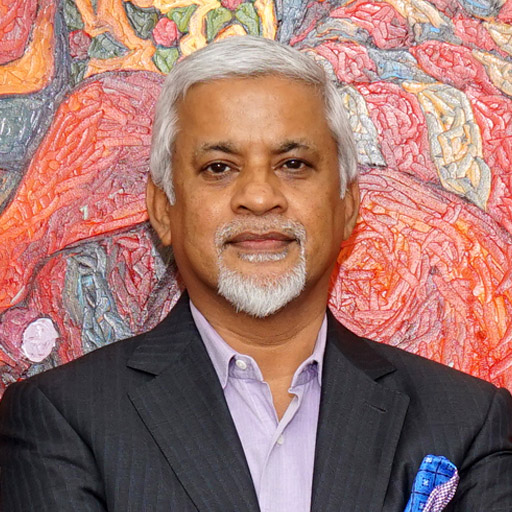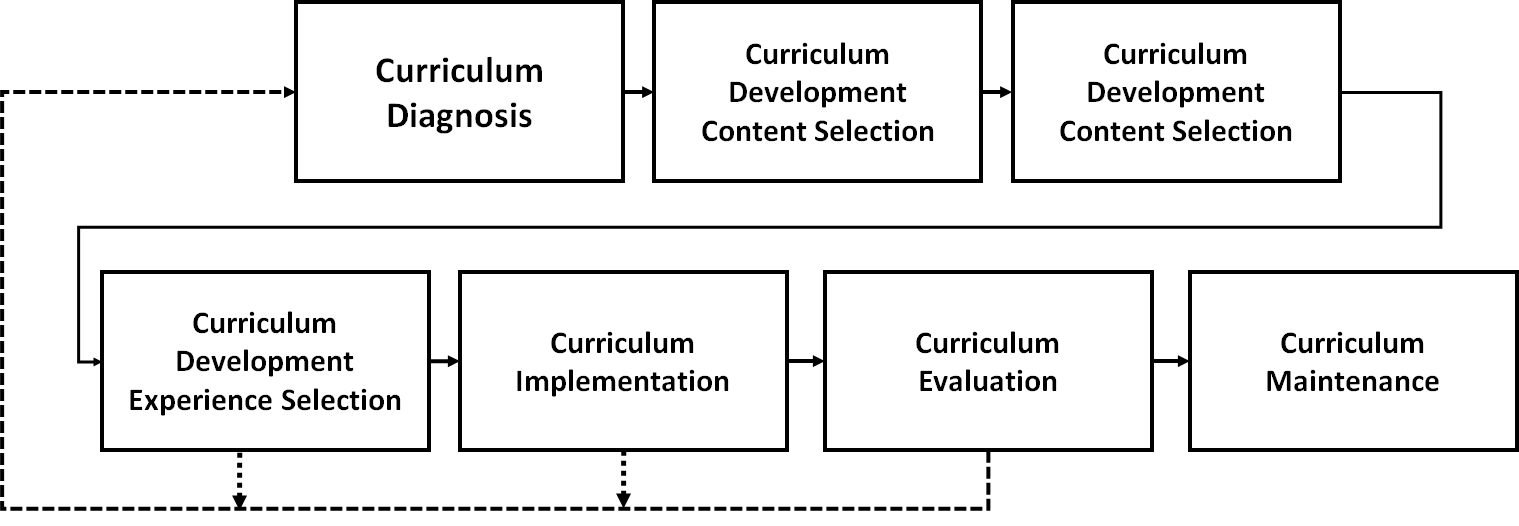Our Story - The Orange Experience
Established in 1999
Over 170,000 Students Graduated
3 Campuses
(Accra, Kumasi, Tema)
35% Female Students Received Scholarship till 2023
OpenLabs (previously NIIT Ghana) is the most well-known name in West African IT education. We are best recognized for our training, consulting, and content production capabilities. OpenLabs offers a diverse selection of education programs that appeal to people from all walks of life, from businesses with growing training needs to individuals seeking IT and related skills. Our unrivaled knowledge, brand appeal, and constantly expanding global reach, all developed over 20 years, have made us a reliable education partner for students and professionals alike. We are proud of our strategic alliances with Microsoft, IBM, Google for Education, Huawei, ATHE, and other internationally renowned organizations. These affiliations demonstrate our trustworthiness and dedication to IT education. OpenLabs is now collaborating with BlueCrest University colleges in Liberia and Sierra Leone to provide academic training materials and consulting services to help them enhance their brand in vocational and skill development
To equip innovative and transformative leaders with technology skills and make progress toward achieving digital gender equality.
We at OpenLabs strive to provide excellent IT education to businesses and individuals by combining hands-on tech skills training, strong discipline knowledge, and a drive for entrepreneurial abilities to create a sustainable Africa fueled by new-age technology.
Established in 1999
Over 170,000 Students Graduated
3 Campuses
(Accra, Kumasi, Tema)
35% Female Students Received Scholarship till 2023









OpenLabs Ghana aims to provide young people with the education and skill set they need to thrive in the digital age and be prepared for the workforce. Over the past five years, the gig economy has gained enormous popularity and is now a highly popular alternative for people to supplement their income. More specifically, 1.6 million workers globally are thought to rely on the gig economy for their income.


